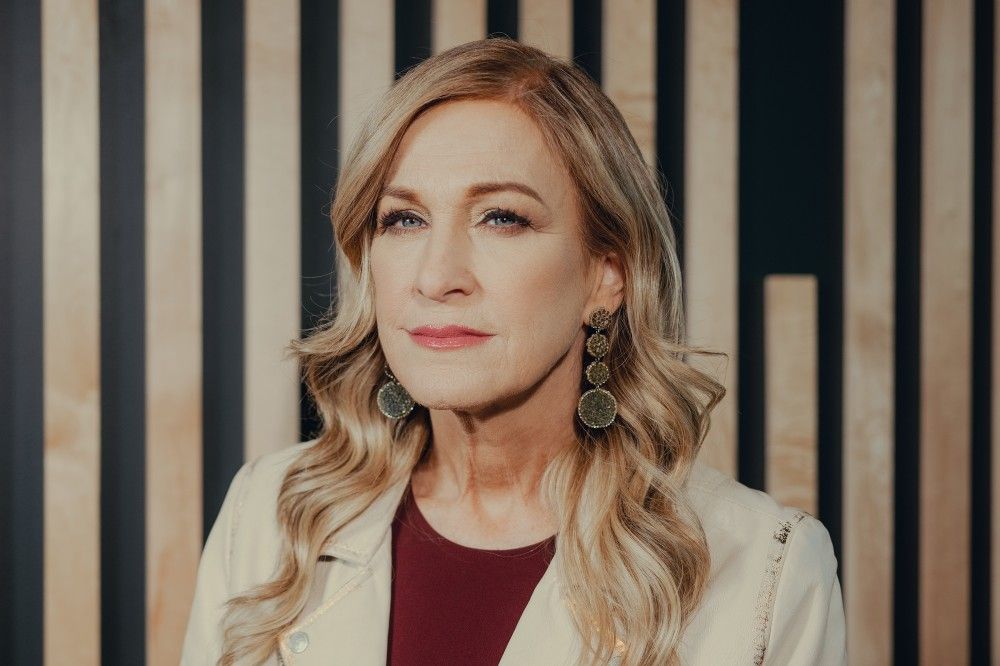
Deborah Dugan's War Against the Recording Academy Rages On — What's Next?
It’s been two weeks since the ousting of Deborah Dugan sparked a riotous dispute between the former CEO and the organization she once shepherded. Since then, the two sides have engaged in multiple back-and-forth accusations, insults and one scorched earth complaint. With no signs of a slowdown or backing off from either side, the fight between Dugan and Recording Academy could play out in numerous ways.
On Wednesday, Dugan issued an open letter to the Academy requesting, among other provisions, to nullify an arbitration clause she signed when she took the Academy job last year that effectively prevents Dugan from taking any to the public. The arbitration process, Dugan claimed in the letter, is ineffective and unfair when it comes to sexual misconduct allegations. Further, while the Academy has invited her to take part in the investigation, she fears a potential conflict, claiming the arbitrator works for the Academy.
The Academy, for its part, has little incentive to pull its arbitration clause other than the interest of public opinion. “Ms. Dugan continues to attempt to manage public perceptions through misinformation,” a rep for the Academy said in a statement. “The Recording Academy is weighing all of the available information and considering our options as it relates to the next steps with Ms. Dugan. We remain extremely disappointed in how she is choosing to handle the situation and strongly disagree with many of her claims. At this point, we are focused on the future and are excited about continuing the agenda of change and progress.” Whether or not the Academy grants Dugan’s request, the next moves depend on who acts first: the Academy or the Equal Employment Opportunity Commission, which is still investigating Dugan’s discrimination complaint filed last week.
Dugan’s attorney, Michael Willemin, said that if the Academy wants to do the right thing, they’d open the case to let it be seen transparently. “I know this may ultimately not be something they’re concerned about, frankly, but it’s about] doing the right thing,” Willemin said. “This is a public not-for-profit organization that’s supposed to be spending its time on charitable endeavors. And, if it doesn’t relent on this issue, it’s going to take one of the most important things going on right now related to this] and hide it from the public eye and the .”
Regarding the EEOC complaint, Dugan’s team must wait until federal investigators have determined whether or not they have enough evidence to continue an investigation, a process that can take up to six months. If the EEOC decides to continue an investigation itself and finds discrimination took place, it will attempt to mediate a settlement between both parties, then move to a federal court if the two sides can’t settle.
Assuming the EEOC doesn’t have enough evidence to continue an investigation, however, it will grant Dugan the right to sue, moving the complaint into the court or arbitration system. California state law requires potential plaintiffs looking to sue over anti-discrimination laws, like Dugan’s sexual harassment claim against Recording Academy General Council Joel Katz, to file with the EEOC. (Katz has denied the charge.) Regardless of an arbitration clause, no company can prevent an employee from filing a complaint with the EEOC.
From there, the fight goes toward the Academy to bring the suit public. With the case out of the EEOC’s hands, Dugan will either be fighting the Academy in a closed arbitration process or through the more public lawsuit. The latter would give Dugan more leverage with an audience more closely following the case. Assuming the Academy denies Dugan’s request, Dugan can fight the Academy to overturn the process in court.
How successful Dugan’s team will be in fighting off any arbitration clause isn’t clear. “I think at this point, her goal should be to get the best settlement she can get,” one prominent music attorney not connected to the case tells Rolling Stone. “And the way to do that is to keep putting pressure on them and make them look worse and worse.”



